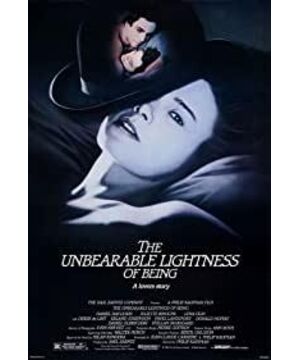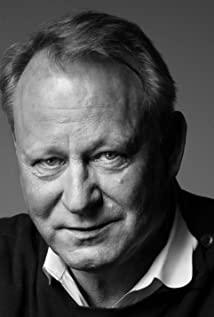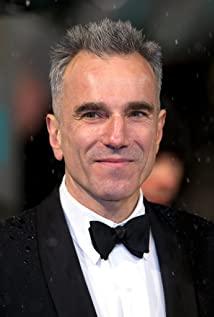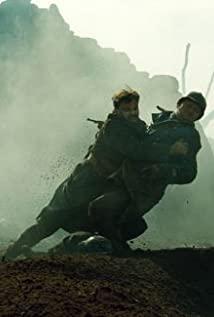A doctor named McDougall once used a steelyard to accurately measure the change of body weight before and after death. The body weight of the tested person suddenly dropped by three-quarter ounces within a few seconds after death, and he obtained the soul of 21 grams. in conclusion.
Even for this soul, which is only 21 grams light, future generations of repeating his experiments cannot come to the same conclusion.
We don't know whether the soul exists, but everyone's life is lighter than the 21-gram soul, because we have too many possible choices in this world.
When I meet someone, have a relationship, experience something that has no beginning and no end, I always worry about gains and losses and don't know how to choose. The final result can only be accepted, because I don't know what I really want, I don't know things How will it develop in the end.
This is a philosophical issue that can be discussed endlessly, spirit and flesh, light and heavy, reality and deconstruction. Milan Kundera's "The Unbearable Lightness of Being" has a long-standing reputation, not because it is a novel with eroticism and war in its narrative, but because it chooses an uncompromising chill and banter to illustrate this view. Like a bland story.
Perhaps the most commendable aspect of Philip Kaufman's adaptation of Kundera's work to the big screen is his cast, the fiery young Juliette Binoche and the charming man with dangerous eyes, Daniel Day-Lewis.
So when the lover Sabina asked Thomas why he let Theresa live in the house, Thomas said that, if there were two choices, one time I would let her stay, the other time I would drive her away, but There are no two choices in life, life is so light.
He himself didn't know which one was better to marry with Tereza or to live together. There is no constant basis for comparison between states at different stages of life.
Because he met a woman whose pleasure from sleeping together far outweighed the short-lived pleasure of making love, a country waitress who seemed clumsy and had little to do with his life, he was surprised that Tereza's sleeping hand was tightly clutching his hand, and the fact that he once loathed sleeping with so many lovers he had experienced became antagonistic before her.
Kundera writes that "Thomas concluded that sex with a woman and sleeping with a woman are two unrelated feelings, more than different, almost opposites. ), but arouses the desire to sleep together (only for one woman)."
In the film, Tereza can't stand the unjustifiable inequalities Thomas gives her, and the smell of different women on him, I chose to leave Geneva and returned to Prague in the war.
Thomas went through what he said was the second option, and I would drive her away.
In front of the newsstand of the carousel, he looked recklessly at the young girls who passed by, like Thomas returning to the past who gave his many lovers equal and unrelated erotic pleasures.
But when he got home, there was no more Tereza, he stared at the cactus that symbolized anxiety, and the last person packed up and set foot on the bus to Prague.
Their dog is a pseudonym for the book from which they met, and "Anna Karenina" is the film's not-so-appropriate footnote.
The relationship between a man's love and a woman's love will only be a parabola with limited intersection. Between these two lines, there will always be the pain, entanglement and repetition of being torn.
When Thomas, who was accustomed to being alone, found that he realized the love that Tereza carried, every day he and Tereza lived together, the love added weight to the two of them, until one day the weight was unbearable.
The combination between one extreme and the other shapes the story, and the film's melancholic tone is more a compromise of life than contemplation, presenting a texture different from the brisk banter of the novel itself.
The discussion of philosophy in the novel cannot be expressed in images.
The soul that Kundera is exploring against kitsch makes everyone fall into the tragedy of eternal reincarnation. choice, everything is meaningless.
Whether it's lust, love, life, war, or that dog called Karenin, accepting the highest form of happiness becomes liberation from the intangibles imposed on oneself.
It is a relief when you find that you are free and have no mission whatsoever.
But after all this, we always have to return to reality, to carry the heavy burden of love, family, lust and flesh. The life trajectories that are constantly swaying in between constitute our short life.
View more about The Unbearable Lightness of Being reviews











